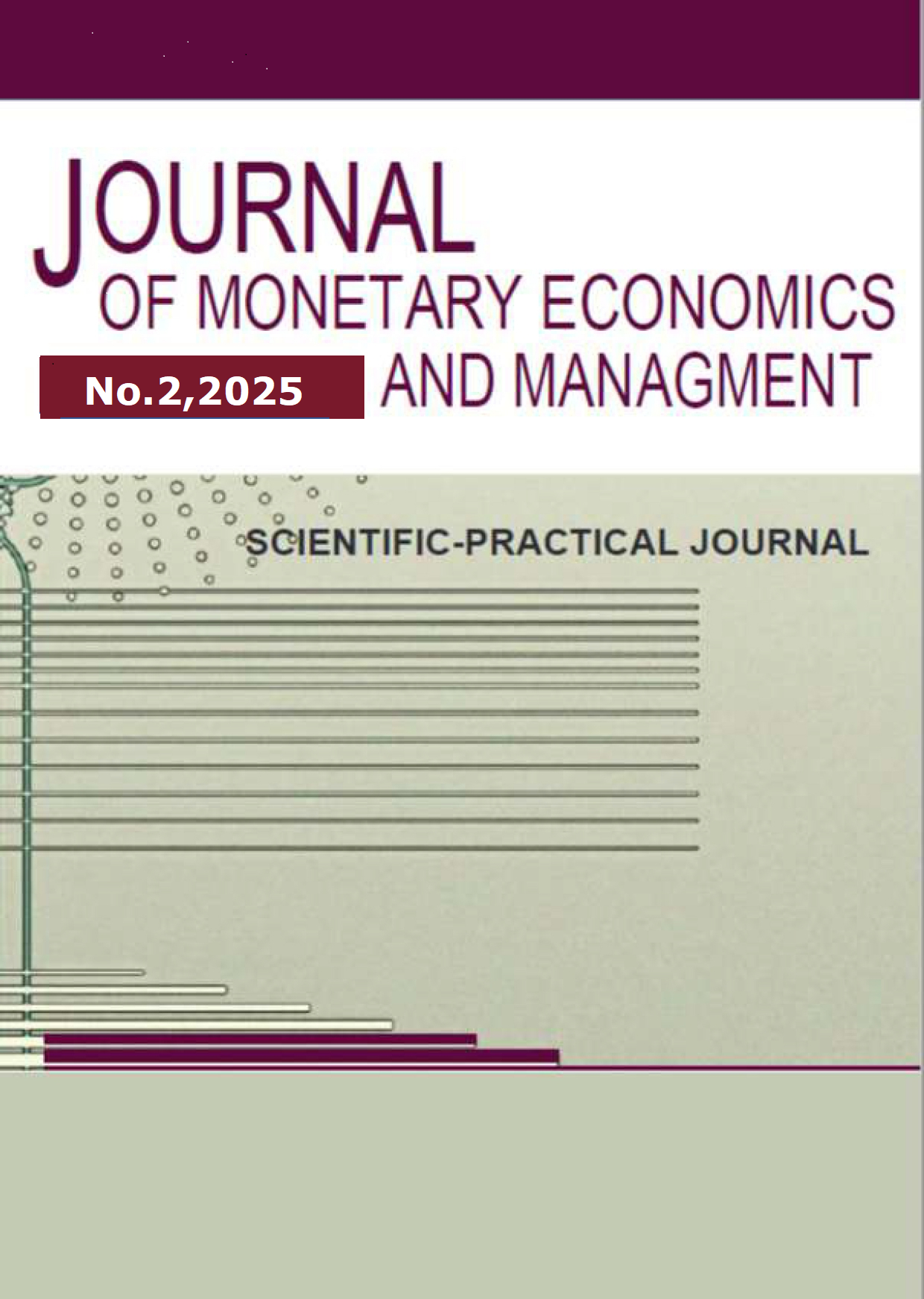employee
The article considers the growth of capitalization of firms based on accounting for their intangible assets. A group of intangible assets has an ever-increasing value, they increasingly determine the competitiveness and success of enterprises. But the heterogeneity of these assets raises the question of their reliable and accurate accounting. The increasing importance of capitalization of intangible assets for increasing the book value of enterprises and additional issue of shares is emphasized on the example of Japan and the USA. The growth of the value of intangible assets in the world, the change in the ratio of tangible and intangible assets in comparison with the world GDP is shown. It is pointed out that the IFRS standard "Intangible Assets" is necessary for a unified approach to the definition of intangible assets and a unified methodology for their accounting. The division of intangible assets into identifiable and unidentifiable is considered, examples of such assets are given. The article analyzes the specifics of defining intangible assets, criteria for their recognition as such in the case of their creation on their own, and the division of the asset creation process into research and development stages. The difficulties of recognizing intangible assets in consolidated financial statements are noted. It is indicated that intangible assets created almost twice as much value as tangible assets in generating income from all goods produced in the world in 2000-2014. It is concluded that in the knowledge economy, the growth of capitalization of companies based on intangible assets is not speculative, the market accepts this increase in capitalization as an objective mechanism.
intangible assets, tangible assets, capitalization, market, international financial reporting standards
1. Aleksandrova A.V., Careva E.G. Rol' nematerial'nyh aktivov v sozdanii stoimosti kompaniy v usloviyah intellektual'noy ekonomiki Sbornik dokladov XXVI Mezhdunarodnoy nauchno-prakticheskoy konferencii Rospatenta «Intellektual'naya sobstvennost' kak bazovoe uslovie obespecheniya tehnologicheskogo suvereniteta RF». M.: FIPS, 2022. – 132 s
2. Kirillov V.N. Rol' nematerial'nyh aktivov v deyatel'nosti «firm bez fabrik i zavodov». Materialy XI Mezhdunarodnoy nauchno-prakticheskoy konferencii «Aktual'nye aspekty razvitiya nauki i obschestva v epohu cifrovoy transformacii», Moskva 2023 S. 126-135.
3. Mezhdunarodnyy standart finansovoy otchetnosti (IAS) 38 «Nematerial'nye aktivy» https://minfin.gov.ru/common/upload/library/2015/02/main/IAS38.pdf (data obrascheniya 28.01.2025)
4. Upravlenie znaniyami v innovacionnoy ekonomike. Uchebnik po special'nosti "Menedzhment organizacii" Mil'ner B.Z.1, Orlova T.M. i dr. Otvetstvennyy redaktor: Mil'ner B.Z., 2009, Izdatel'stvo "Ekonomika" (Moskva)
5. Chen W., Gouma R., Los B., Timmer M.P. Measuring the income to intangibles in goods production: a global value chain approach WIPO Economic Research Working Paper No. 36 November 2017 (data obrascheniya 27.12.2024)
6. WIPO. Nematerial'nyy kapital v global'nyh cepochkah sozdaniya stoimosti https://www.wipo.int/edocs/pubdocs/ru/wipo_pub_944_2017.pdf (data obrascheniya 27.12.2024).
7. Makkaeva R.S.A., Ashabaliev I.Ch., Omarov M.M. Sovremennaya koncepciya «ekonomiki znaniy» v usloviyah novoy paradigmy ekonomicheskogo razvitiya//Journal of Monetary Economics and Management.- 2023.- №4. - S.34-40









